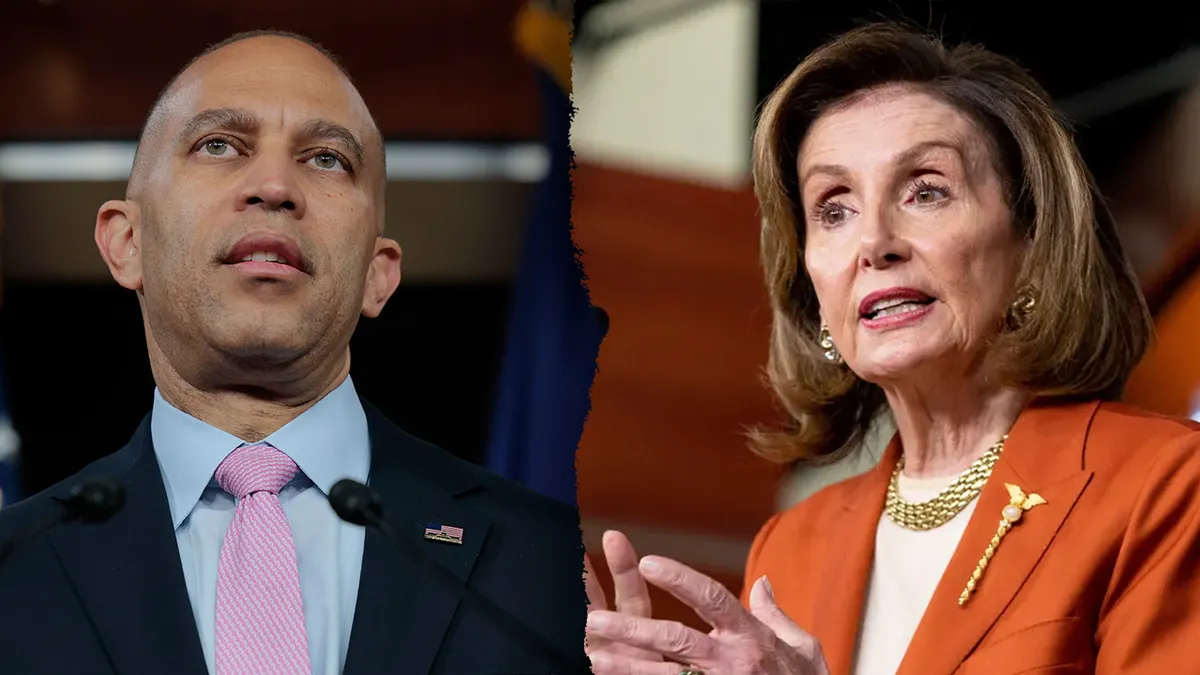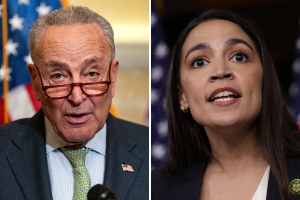As the Supreme Court prepares to hear Louisiana v. Callais, voting rights advocates warn that the outcome could have sweeping consequences for how congressional districts are drawn — and, ultimately, for which party holds power in Washington.
The case centers on Section 2 of the Voting Rights Act, a key provision that prohibits redistricting plans from weakening the voting strength of racial minorities. Depending on how the justices rule, the decision could significantly alter the political landscape heading into the 2026 midterm elections.
Concerns From Voting Rights Groups
Two prominent organizations — Fair Fight Action and the Black Voters Matter Fund — recently submitted a joint analysis to Politico warning that any weakening of Section 2 could open the door for Republican-controlled legislatures to redraw as many as 19 congressional districts in their favor.
The analysis identifies 27 districts nationwide that could be affected by changes to the law, with 19 of those shifts tied directly to the potential rollback of Section 2 protections.
“If Section 2 falls, it would clear the way for a one-party system where power serves the powerful and silences the people,” said LaTosha Brown, co-founder of the Black Voters Matter Fund.
The report suggests that a ruling could still arrive before next year’s elections, though legal experts say the timeline is uncertain.
The Legal Question
At the core of Louisiana v. Callais is whether states can continue to consider race in redistricting without violating the Constitution’s Equal Protection Clause.
Republicans argue that current interpretations of the Voting Rights Act unfairly favor Democrats by compelling states to create districts based on racial demographics — a practice they say amounts to racial gerrymandering.
Democrats and civil rights groups counter that these protections are essential to ensuring fair representation, particularly in states with long histories of voter suppression.
Potential Political Impact
If the Court limits or strikes down Section 2, analysts believe it could tilt the balance of the House of Representatives further toward Republicans, who already hold a narrow majority.
Such a ruling would likely prompt several GOP-led states — including Alabama, Texas, Florida, and Georgia — to redraw district maps in ways that reduce the number of heavily Democratic, minority-majority districts.
Conversely, the ruling could also allow Democratic states such as California, New York, and Illinois to adjust their own maps, though experts note that the potential gains for Democrats would be far smaller.
“The effects would not be symmetrical,” said Dr. Aaron Blake, a constitutional law scholar at Georgetown University. “Republican states would have far more opportunities to consolidate districts than Democrats would to expand them.”
A Precedent-Setting Moment
For decades, Section 2 has been a cornerstone of the Voting Rights Act, used to challenge discriminatory maps and ensure that minority voters can elect candidates of their choice.
Legal experts say Louisiana v. Callais could become the most consequential voting rights case since the Court’s 2013 decision in Shelby County v. Holder, which invalidated another key provision of the Act and gave states greater freedom over voting laws.
“This case could redefine the boundaries of the Voting Rights Act,” said Jennifer Rubin, an election law attorney based in Washington. “It’s not just about Louisiana — it’s about the future of how representation in Congress is decided.”
Reactions From Both Sides
Republican lawmakers have largely framed the case as a long-overdue correction to what they describe as partisan redistricting through racial quotas.
“Districts should reflect communities, not political calculations based on race,” said Rep. Bryan Steil (R-Wis.), chair of the House Administration Committee.
Democrats, meanwhile, argue that the lawsuit represents a direct assault on decades of civil rights progress.
“This isn’t about fairness — it’s about consolidating power,” said Rep. Terri Sewell (D-Ala.), one of the lead sponsors of legislation to restore the Voting Rights Act’s original protections.
Possible Fallout Across the South
According to Politico, a ruling that limits Section 2 could trigger major changes in Alabama, South Carolina, Tennessee, and Mississippi, where several current Democratic-held seats could become more competitive or flip Republican.
In other states like Louisiana, Georgia, North Carolina, Texas, and Florida, analysts expect at least one Democratic district to survive, though overall representation could shift significantly toward the GOP.
Meanwhile, Republican-led states have already begun redrawing maps in preparation for potential mid-decade adjustments. Politico reports that two states have already added six new GOP-leaning districts through redistricting efforts approved earlier this year.
Democrats Weigh Response
In response, Fair Fight Action and Black Voters Matter are urging Democrats to adopt an “aggressive and immediate” strategy to counter Republican redistricting efforts, which they argue are already underway.
“The time to act is now,” Brown said. “We cannot wait for the Court’s decision to start defending democracy.”
The White House has also signaled concern, emphasizing that the administration “remains committed to protecting every American’s right to vote.”
However, some Democratic strategists privately acknowledge that even a modest narrowing of Section 2 could have long-term implications — particularly in swing states where redistricting disputes are already ongoing.
What Comes Next
The Supreme Court is expected to hear oral arguments in Louisiana v. Callais early next year, with a ruling likely by summer 2026.
If the Court narrows Section 2, states would gain wider discretion to redraw congressional maps based on geography and political affiliation rather than race — a shift that could realign congressional power for a generation.
As both parties prepare for the outcome, one thing remains clear: this case is poised to shape not only the 2026 midterms, but the entire future of how representation in America is defined.

Emily Johnson is a critically acclaimed essayist and novelist known for her thought-provoking works centered on feminism, women’s rights, and modern relationships. Born and raised in Portland, Oregon, Emily grew up with a deep love of books, often spending her afternoons at her local library. She went on to study literature and gender studies at UCLA, where she became deeply involved in activism and began publishing essays in campus journals. Her debut essay collection, Voices Unbound, struck a chord with readers nationwide for its fearless exploration of gender dynamics, identity, and the challenges faced by women in contemporary society. Emily later transitioned into fiction, writing novels that balance compelling storytelling with social commentary. Her protagonists are often strong, multidimensional women navigating love, ambition, and the struggles of everyday life, making her a favorite among readers who crave authentic, relatable narratives. Critics praise her ability to merge personal intimacy with universal themes. Off the page, Emily is an advocate for women in publishing, leading workshops that encourage young female writers to embrace their voices. She lives in Seattle with her partner and two rescue cats, where she continues to write, teach, and inspire a new generation of storytellers.









